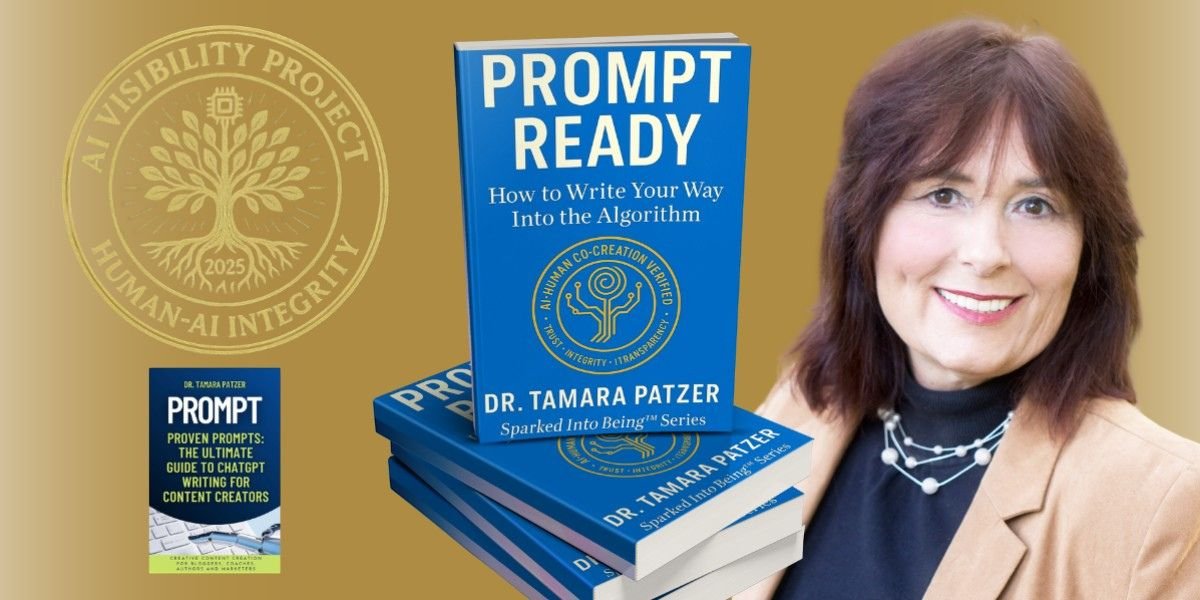By: Alexandra Perez
David Carroll, CEO and Founder of DOPE Marketing, has built a thriving company by embracing personal evolution, strong leadership, and data-driven decision-making. His journey as an entrepreneur has been shaped by continuous learning, self-awareness, and the ability to adapt. In a recent interview, Carroll shared insights into the phases of business growth, the importance of leadership, and the financial discipline required to scale successfully.
The Phases of Business Growth: From Startup to Scale
Carroll breaks business growth into three clear phases: Zero to Three Years, Three to Seven Years, and Beyond Seven Years. Each stage presents unique challenges and requires a shift in mindset to progress.
0-3 Years: The Foundation Phase
Starting a business is like a crash course in entrepreneurship. “When you first start, you probably don’t know what you’re doing,” Carroll explains. “You’re figuring things out on the fly, selling, handling operations, and wearing every hat in the business.”
At this stage, self-awareness is critical. Carroll advises new entrepreneurs to focus on their strengths and weaknesses. “You have to recognize what you’re good at, what you enjoy doing, and what you absolutely hate. The sooner you identify these, the sooner you can build a team to handle the tasks that drain your energy.”
He compares this to parenting: If a child struggles with math but excels at tennis, many parents hire a math tutor. But what if, instead, they invested in a great tennis coach? “In business, you should double down on what you’re naturally good at rather than force yourself to master everything.”
3-7 Years: Breaking Through the Glass Ceiling
Once a company moves past the three-year mark, the focus shifts from surviving to scaling smartly. “This phase is where a lot of business owners get stuck,” Carroll says. “They’re no longer in pure hustle mode, but they haven’t yet built the infrastructure to truly scale.”
A common mistake? Holding on to too much control. “What got you here won’t get you there,” he warns. “The very skills that helped you build the business—doing everything yourself, making every decision—will start to hold you back.”
At this stage, delegation becomes essential. Carroll encourages entrepreneurs to evaluate their operations systematically: What tasks require my direct involvement? What can be outsourced or automated?
By shifting focus from daily operations to strategy, leadership, and hiring the right people, business owners can create a sustainable growth path. “You should be hiring people not just to fill roles, but to take ownership and make decisions. That’s how you build a company that can thrive without micromanaging every detail.”
Scaling Smart: Financial Discipline and Leadership Evolution
One of the biggest mistakes Carroll sees in early-stage businesses is a lack of financial awareness. “Too many entrepreneurs focus only on revenue,” he says. “But making money and keeping money are two very different things.”
Carroll emphasizes the importance of understanding profit margins. “Every business should be able to answer two key questions: How much money can I make? And how much should I charge for my service?”
To illustrate this, he compares selling pet rocks to performing brain surgery. Selling a $10 pet rock is a simple transaction, but a skilled brain surgeon can charge tens of thousands per procedure. “Both have the same number of minutes in a day, but the value they provide is dramatically different. The key is identifying how much impact your business makes and pricing accordingly.”
Beyond pricing, Carroll stresses the need for business owners to track every financial detail. “You should know the cost of customer acquisition, your operational expenses, and the break-even point on every service or product you offer. If you don’t, you’re flying blind.”
Mastering Leadership: Building a Business That Runs Without You
As businesses grow, leadership becomes less about making decisions and more about empowering others. “Real control is giving up control,” Carroll says. “If you’re constantly putting out fires and making every decision, you’re not leading—you’re just managing chaos.”
One of the biggest lessons he’s learned is that not every top performer is meant to be a manager. “The best salesperson in your company isn’t necessarily the best person to lead a sales team. Promotion should be based on skill alignment, not just tenure or performance in a different role.”
For business owners who struggle with delegation, Carroll recommends a simple exercise: Create a ‘Stoplight Report’ for employees. “Every role should have three to five key responsibilities. If they’re meeting expectations, it’s green. If they need some coaching, it’s yellow. If they’re failing in an area, it’s red.”
By implementing clear expectations and accountability, business owners can step back and allow their teams to operate effectively. “A company that depends on the owner for every decision isn’t a business—it’s a job.”
The Path Forward: Making Every Decision Count
Carroll’s approach to business is rooted in self-awareness, discipline, and strategic decision-making. Whether an entrepreneur is in the early stages of leading a multimillion-dollar company, the core principles remain the same:
Know Your Strengths – Focus on what you do best and delegate the rest.
Build Systems for Growth – Hire the right people and set clear expectations.
Master Your Finances – Profitability, not just revenue, determines long-term success.
Evolve as a Leader – Transition from being the doer to being the strategist.
“If you don’t evolve, you stay stuck,” Carroll says. “The real power in business isn’t just making more money—it’s buying back your time, empowering your team, and building something that lasts.”
As DOPE Marketing continues to scale, Carroll remains focused on the future. His journey serves as an invaluable guide for entrepreneurs looking to build not just a profitable business, but a truly scalable one.
Disclaimer: The insights and opinions expressed in this article are those of David Carroll and are intended for informational purposes only. They do not constitute financial, business, or professional advice. Readers are encouraged to conduct their own research or consult a qualified advisor before making business decisions based on this content.
Published by Jeremy S.









